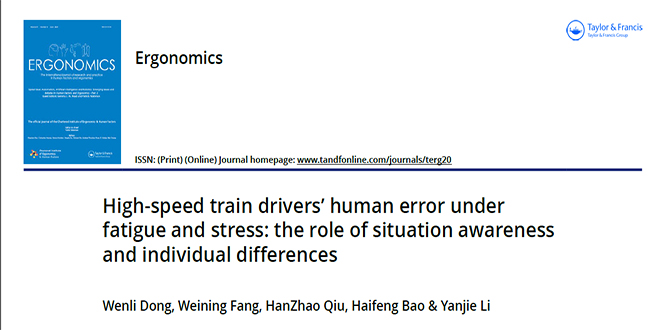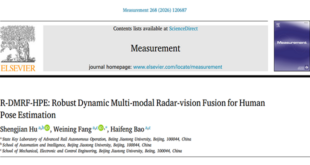Fatigue and stress are critical variables that impair railway train drivers’ safety performance, and individual differences may influence these effects. This study investigates how fatigue and stress affect high-speed train drivers’ human error and the role of individual differences. We hypothesised that situation awareness (SA) mediates the effects of fatigue and stress on human error, and individual differences (age and work experience) moderate these effects. We surveyed 1,391 male drivers from eight Chinese railway bureaus and used PROCESS Macro for data analysis. The results revealed that fatigue and stress increased human error, directly and indirectly through SA. Age and work experience moderated the effect of fatigue and stress on SA, respectively. Older drivers had better SA under high fatigue, while more experienced drivers had better SA under high stress. These findings can inform more tailored safety management strategies to lower human error and enhance the safety of high-speed train operations.
Wenli Dong, Weining Fang, HanZhao Qiu, Haifeng Bao and Yanjie Li.High-speed train drivers’ human error underfatigue and stress: the role of situation awarenessand individual differences.Ergonomics,2024, https://doi.org/10.1080/00140139.2024.2369207
 复杂系统人因与工效学研究所
复杂系统人因与工效学研究所

